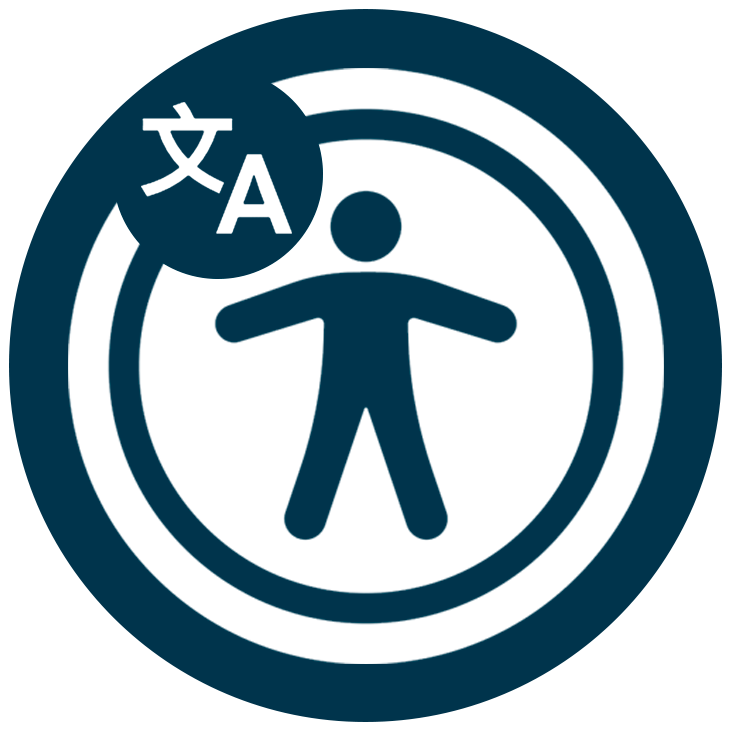National Clean Air Day, celebrated on June 20, 2024, is a pivotal opportunity for the entire country to unite in a collective effort to improve air quality. This annual event, known as Clean Air Day, encourages individuals, communities, businesses, and governments to take action towards reducing air pollution and creating healthier environments for everyone. By working together, we can make a tangible impact on the air we breathe and protect the health of current and future generations.
Why Clean Air Matters
Clean air is essential for our health and wellbeing, yet air pollution remains a significant problem. Understanding the importance of clean air helps us appreciate the need for proactive measures to combat pollution and protect our environment. Raising awareness about the detrimental effects of polluted air can motivate us to adopt cleaner practices and advocate for policies that support air quality improvement.
Health Impacts of Air Pollution
Air pollution poses significant health risks, including respiratory and cardiovascular diseases, and can exacerbate conditions such as asthma. Long-term exposure to polluted air can lead to severe health consequences, including reduced lung function and increased risk of heart attacks and strokes. By reducing air pollution, we can decrease the prevalence of these health issues and improve overall public health.
Environmental Consequences
Poor air quality not only affects human health but also has detrimental effects on the environment. It can damage ecosystems, harm wildlife, and contribute to climate change through the emission of greenhouse gases. Protecting our environment from air pollution is crucial for preserving biodiversity and ensuring a sustainable future for our planet.
How to Get Involved
Everyone has a role to play in improving air quality. Whether you're an individual, part of a community group, a business owner, or a policymaker, there are numerous ways to get involved and contribute to the cause. Taking action, no matter how small, can collectively lead to significant improvements in air quality.
Individual Actions
Individuals can make a big difference by adopting simple habits that reduce air pollution. Small changes in our daily routines can lead to substantial improvements in air quality. These actions not only benefit the environment but also promote healthier lifestyles.
- Reduce Vehicle Use: Opt for walking, cycling, or using public transport instead of driving. Carpooling and driving less frequently can significantly cut down on emissions.
- Conserve Energy: Turn off lights and appliances when not in use, and consider using energy-efficient products to reduce your carbon footprint.
- Support Clean Energy: Where possible, switch to renewable energy sources such as solar or wind power for your home.
Community Initiatives
Communities can come together to create lasting change by organising local events and initiatives focused on improving air quality. Collective efforts at the community level can amplify individual actions and lead to a greater impact. Engaging in community activities also helps spread awareness and fosters a sense of shared responsibility.
- Organise Clean Air Events: Host events like tree planting, clean-up drives, or educational workshops to raise awareness and engage the community in improving air quality.
- Promote Green Spaces: Advocate for the creation and maintenance of parks and green areas, which can help filter pollutants and provide cleaner air.
- School Programs: Encourage schools to participate in Clean Air Day by integrating air quality education into the curriculum and promoting activities like walking buses.
Business and Government Actions
Businesses and governments play a crucial role in addressing air pollution through policy changes and sustainable practices. By implementing green policies and investing in clean technology, they can lead the way in creating a cleaner environment. Supporting legislation that prioritises air quality improvement is essential for long-term change.
- Implement Green Policies: Businesses can adopt sustainable practices such as reducing emissions from operations, using eco-friendly products, and encouraging remote work to cut down on commuting.
- Invest in Clean Technology: Governments and businesses should invest in clean technology and infrastructure, such as electric vehicles and renewable energy sources.
- Legislate for Cleaner Air: Support and implement policies that aim to reduce air pollution, such as stricter emissions regulations and incentives for green practices.
Success Stories
Highlighting successful initiatives from previous Clean Air Days can inspire further action. Success stories demonstrate the positive outcomes of collective efforts and encourage others to join the cause. These examples show that change is possible and motivate us to continue working towards cleaner air.
National Clean Air Day 2024 is a chance for everyone to contribute to a healthier future. By taking collective action, we can make significant strides in improving air quality and protecting our health and the environment. Join the movement on June 20, 2024, and take steps, big or small, to make a difference. Together, we can achieve cleaner air for all.











